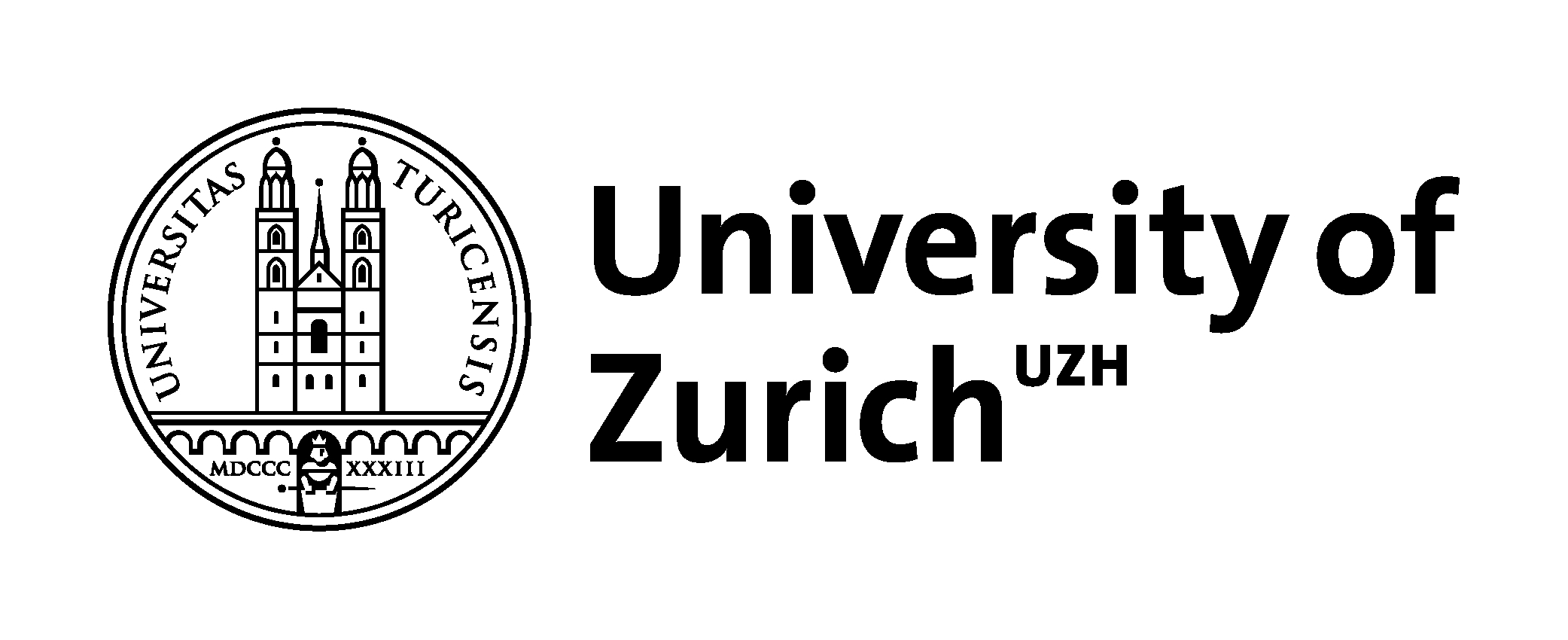The role of Universities as the place where knowledge and education are propagated to new generations remains a crucial one for society, but the societal changes and funding schemes connected to measures of productivity have forced compromises: for example, courses have steadily grown easier to pass, to avoid loss of students who would enrol elsewhere. As for research, this must attract funding, or it has no value any longer. But funding flow is connected to how the University is perceived and its international prestige. Universities thus spend enormous effort in "looking better" and improving their metrics. How do they do so? By putting pressure on their employees to publish more, in high-impact factor journals. But do they value the quality of the research? Not as much.
And who appraises the value of Universities? There are self-evaluation systems in place, whereby the scientific production of researchers is assessed by other researchers. That's right: instead of doing research, many of us are called to spend significant amounts of time to read and rate other colleagues' works. And even if we decline, we still have to periodically submit our publications to the rating institutions. But we first have to check that the papers we submit for evaluation are not the same of other researchers who collaborate with us, or they will not be counted with the same weight by the rating algorithms. In my field of studies, particle physics, our publications have many authors, so algorithms are created to select articles for each researcher in a way that will minimize overlaps and maximize the rating algorithms' output. And it goes on. But you got the point.
Does this all make sense? In a way it does - if you want to send your daughter to a University where she will get high-rank instructors and where she will be exposed to ground-breaking research, you can search among the top scorers. And after your daughter comes out with a diploma, that diploma will be worth more if the institution that produced it is ranked high.
On the other hand, there are serious concerns that the whole ranking systems have grown not only out of proportions, but also out of their intended goals. Taking a step back, the offer of Universities looks increasingly like everything else around - marketing, advertisement, appearance. But it needs not be so.

My praise therefore goes to the University of Zurich, who in an unprecedented move decided unilaterally last month to step out of the rating provided by the Times Higher Education system. It will no longer appear in those rankings - if you want to enrol there, you just do it, but you will not be able to know whether it is more prestigious than others. The last time it was ranked, the University of Zurich was ranked 80th in the world. We will never know if in 2024 it would have become the seventieth or the ninetieth. Would it matter? Of course not. What is important is that the administration of that institution is now freed from the burden of participating in this craziness, and that its researchers are no longer pushed toward publishing more, and can go back to publishing good content.
I hope other Universities will follow that example, but I am pessimistic - I can see no antagonist mechanism to the market-driven evolution that brought us to the world I described above. It seems like an irreversible process, which can only be changed by cataclysmic events I certainly would not welcome.
Or maybe we should take a second step back, and maybe a third too, and look at our society as one withstanding the growing pains of an evolution to a completely new one. Artificial intelligence is already powering a large part of the mechanisms driving our economies, and so far they have been instrumental in making things worse, driven by human greed and individualistic goals. Yet it is not far-fetched to envision a future where a restructuring will be operated internally, by systems that grow a wide enough vision that enables them to take over and fix the mess we have made of our civilization.
It is a narrow path, as in order for that positive transition to happen those systems, which I have no doubt will arise sooner or later, must be imbued with proper goals, stated fuzzily enough that they can be adjusted to avoid misalignments. As Stuart Russell writes in his enlightening book "Human Compatible", recently everybody and their uncle have been creating control organisms to watch, oversee and regulate the development of artificial intelligence systems. It has looked like a knee-jerk reaction for a while, but Russell in a post-scriptum agrees that there are good signals now, coming e.g. from the EU AI Act and other initiatives that go in the right direction.
As for Universities, there will always be the need of a place where knowledge is passed on to new generations, and where researchers can deepen their understanding of the world. Until we all get neural implants and get connected to infinite, collective knowledge, that is. But considering that possibility is not a step back I am willing to make, at least for the time being....




Comments